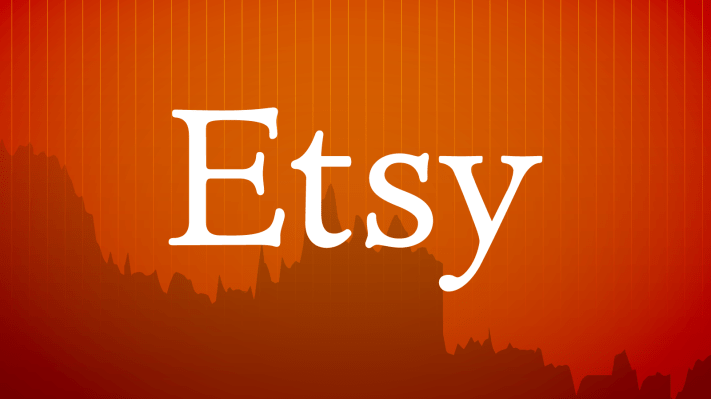ARTICLE AD

Activist investors are coming for Etsy.
Elliott Management, the investment management firm known for its aggressive governance tactics, has built a roughly 13% position in Etsy’s stock, CNBC reports — a mix of shares and options. It makes Elliott Etsy’s largest investor after Vanguard, which has an 11% share, and the asset management giant BlackRock (5%).
And — as of today — Elliott has representation on Etsy’s board of directors. The company announced this morning that Marc Steinberg, an Elliot partner, will join the 10-person board effective February 5.
“Etsy has a highly differentiated position in the e-commerce landscape and a uniquely attractive business model, supported by a distinctive and engaged community,” Steinberg said in a press release. “We became a sizable investor in Etsy and I am joining its board because I believe there is an opportunity for significant value creation. I’ve looking forward to working with the Board and supporting Josh and the team as they execute on initiatives to improve the customer experience, accelerate top- and bottom-line growth, and drive long-term value.”
Elliott, which had about $59 billion in assets as of June 2023, operates like most activist investors: by acquiring a sizeable stake in what it perceives to be an undervalued company and exerting pressure on management to meet its demands.
Early in its history, Elliot restructured firms including Enron, TWA and WorldCom. But over the past few decades, the firm’s turned its attention to the lucrative tech sector.
In 2020, Elliot acquired $2 billion in Twitter shares and nominated three directors to the company’s board, attempting to replace then-CEO Jack Dorsey. Elliot’s engaged in a “turnaround” effort at Pinterest. And it encouraged Salesforce, in which it has a multibillion-dollar investment, to harsh new policies for engineers and salespeople aimed at reducing headcount.
Etsy, to be fair, hasn’t had the strongest go of it lately, ending last year with mass layoffs.
The retailer finds itself fighting a battle on multiple fronts, trying to beat back competition from low-cost Chinese retailers Temu and Shein while keeping poorly-made products and scam artists off its marketplace. On a recent earnings call, Etsy CEO Josh Silverman admitted that Temu and Shein — which have pumped billions into ads for their services — were driving up Etsy’s marketing expenditures. Meanwhile, outlets report that AI-generated junk is flooding Etsy, worsening the search experience on the platform.
Still known as a marketplace for artisanal and handmade goods from small businesses, Etsy has also struggled to regain its footing after a pandemic-era boost in sales and revenue proved fleeting. Attempting to grow new lines of business, Etsy has made several acquisitions in recent years, snatching up resale platform Depop; Brazil-based marketplace Elo7; and Reverb, a marketplace for new and used instruments. But the M&A strategy has had mixed results, with Etsy offloading Elo7 only two years after acquiring the company for $217 million.
In its most recent earnings call, Etsy told investors to expect its gross merchandise sales to decline between 1% and 2% and revenue to tick up by a measly 2% to 3%. Perhaps it’s no surprise, then, that the promise of steep cost-cutting from Elliot drove Etsy’s stock up 10% this morning.

 1 year ago
74
1 year ago
74 

